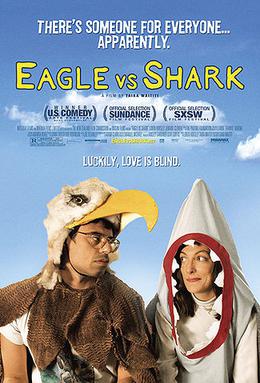
Thursday night I went to see Shakespeare's
Julius Caesar, played by the
American Repertory Theater company. I hadn't been to see a play in ages; the last one I'd seen was
Othello at the Globe in London, a couple of years ago. I'd forgotten how much I loved the theatre!
I used to go quite often, when I lived in Château-Thierry. They had two small local theatres and they always had something interesting on. And my high school literature teachers often organised trips to Reims to see plays there.
The Comédie de Reims is a really good theatre. A great variety of plays are staged there, sometimes in French, sometimes in the play's original language. Most of those I saw there were really interesting; a few were pretty bad—the kind of plays where the director gets the female lead to show her tits, probably hoping that this will somehow compensate for the play's mediocrity.
I think I can safely say that the ART's
Julias Caesar was one of the best plays I've ever seen. Several critics accused it of being too "facetious", or too difficult to understand, because of its style. But I think the director, Arthur Nauzyciel, really brought the characters—and the play itsel—to life, which is quite an achievement in itself:
Julias Caesar is far from being one of Shakespeare's greatest plays (the plot is quite basic, the characters are very one-dimensional when compared to Hamlet, or MacBeth, or Lear). He stuck close to the text, but brought to it a depth which is lacking in the original.
It was full of surprises. The play was re-set in America in the 1960s, probably to draw parallels between Caesar and JFK's assassination. It was fun to hear Shakespeare played with an American accent, for a change! The actors were dressed in sixties-style suits, and surrounded by mod couches, lamps and armchairs. They often walked about with a glass of wine in their hands, as if they had walked out of some fancy cocktail-party.
The background was a huge, life-size photograph of an empty theatre (see below), which, as a classic postmodern device, kept reminding the spectators that what they were watching was fiction, not "real life". I'm sure Shakespare would have appreciated that, as he always liked to remind his audience that all the stage did was reflect the world. At the beginning of the play, the actors faced the audience, in front of huge white frames, which made them look like celebrities caught on one of Andy Warhol's prints.
The actors were quite talented, especially Mark Montgomery, in the role of Cassius. A lot of them had film/TV experience: one appeared in
The Dead Poet Society, another in
The Wire. One of the actors (who played Brutus's servant, Lucius) delivered all of his "lines" in sign language; his character was ever present on stage, most of the time sleeping, or looking at the other characters, as if he were in a dream. At one point of the play he disappeared, and walked back on stage dressed in a pair of Superman pyjamas and a cape. I'm not quite sure what the director was trying to get at there!
But the most surprising thing of all was that a jazz trio was present on the side of the stage during the whole play. From time to time the singer, in her black evening gown and covered in silver jewellery, would start crooning into a ribbon microphone, while two men in suits and bow tie suavely plucked the double bass and picked the guitar. The songs marked the end of scenes, or sometimes even interrupt scenes to ironically comment, in a way, what was happening (a few scenes before Brutus's suicide, she sang... "Suicide is Painless"); it had also had the effect of being a show within a show.
All in all, I had a great time. The only annoying thing is that, since I managed to get a good seat, I was surrounded by the Fur Squad—ie the
bourgeoisie of Reims—who always show up at the theatre (or at the jazz festival), just because they hope to be
seen, and they always end up sitting there bored to death, since they don't have the foggiest notion about art.















Emerald Champagne
Currently reading...
Labels
Blog Archive